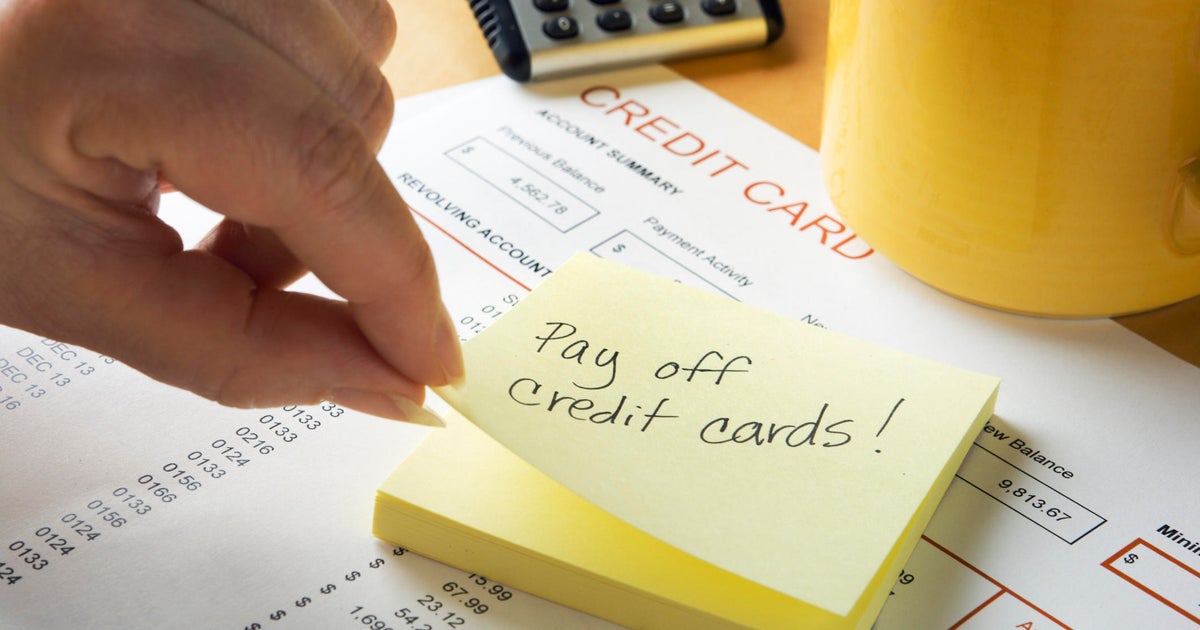How will filing for bankruptcy impact my credit score?
Credit card debt has been increasing nationwide, with the total amount owed now sitting at $1.14 trillion. For the average person, this translates to a credit card balance of about $8,000, an amount many people struggle to pay off. Part of the issue is that the average credit card interest rate now surpasses 23% and the average retail card rate sits above 30%. As the interest charges compound, cardholders — including those who make consistent payments — may find their balances barely shrink.
If your credit card debt balloons and becomes unmanageable, you may find that you're seriously considering bankruptcy as a solution to your high-rate debt. But while filing for bankruptcy can result in discharging or restructuring your debt, allowing you to start fresh, it also carries significant consequences that are important to factor in.
Chief among these is the substantial impact bankruptcy has on your credit score, which can, in turn, damage many areas of your financial health. So, before you file for bankruptcy, it's essential to weigh the benefits of clearing your overwhelming debt with this method against the potential damage to your creditworthiness.
Start comparing your debt relief options here.
How will filing for bankruptcy impact my credit score?
Filing for bankruptcy can significantly damage your credit score. When you file for bankruptcy, your credit score typically drops by 100 to 200 points or more, depending on where you started. This means someone with a credit score of 680 may see their score plummet to between 480 and 580 after filing.
That said, the impact on your credit also varies. The more robust your credit score was initially, the bigger the impact bankruptcy will have as a result. However, if you were already missing your credit card payments or carrying high balances, your credit score may have already taken significant hits before filing and a bankruptcy may have less of an impact.
The damage can also last a while. A Chapter 7 bankruptcy, which allows most unsecured debts to be discharged, typically stays on your report for 10 years, while a Chapter 13 bankruptcy, which involves a repayment plan, remains for seven years. During this time, the bankruptcy notation on your credit report can make it more challenging to qualify for new credit or loans. Lenders may consider you a high-risk borrower and offer higher interest rates or stricter terms if they do extend credit.
The good news is, though, that after bankruptcy, your score can recover with responsible financial behavior over time. Though the bankruptcy will remain visible on your report, many people begin to rebuild their credit through secured credit cards, low-limit cards or credit-builder loans. Adopting good habits — such as making on-time payments and keeping balances low — can also help you gradually regain a higher score, even while the bankruptcy is still on your record.
Learn how your debt relief options could help you avoid bankruptcy.
What other debt relief options do I have?
Before considering bankruptcy, it can make sense to explore these alternative debt relief options, which may have less severe impacts on your credit score:
Debt consolidation
Consolidating high-interest credit card debt into a loan with a lower interest rate can reduce your monthly payments and simplify the debt management process. While consolidation may temporarily lower your credit score by 10 to 30 points due to the credit inquiry and new account, this impact is typically much less severe than bankruptcy and your credit generally recovers within a year if payments are made on time.
Debt management plans
Working with a credit counseling agency to enter a debt management plan can help lower your interest rates and create a structured repayment plan. Debt management plans typically have minimal impact on your credit score, and some creditors may even re-age your accounts to current status after several successful payments.
Credit card hardship programs
If you're struggling due to a temporary financial setback, many credit card issuers offer hardship programs that can temporarily reduce interest rates or monthly payments. These programs may or may not affect your credit score, depending on how the issuer reports the arrangement to credit bureaus, so always ask about the credit reporting implications before enrolling.
Debt forgiveness
Pursuing debt forgiveness can reduce your total balance by 30% to 50% in many cases, and while debt forgiveness can damage your credit score, the impact is usually less severe than bankruptcy. The associated accounts typically show as "settled" or "paid as agreed for less than the full amount" on your credit report and remain for seven years. However, your score may drop by 60-100 points when accounts first go delinquent during negotiations.
The bottom line
Ultimately, the decision between filing for bankruptcy or pursuing an alternative debt relief option is personal. Bankruptcy can offer a fresh start when you're buried in high-rate credit card debt, but it's essential to consider the long-term impact on your credit score and financial health. It can also help to weigh your other debt relief options, such as debt consolidation, debt forgiveness or debt management, as they could help you avoid bankruptcy, though they may not offer the same level of immediate relief.




